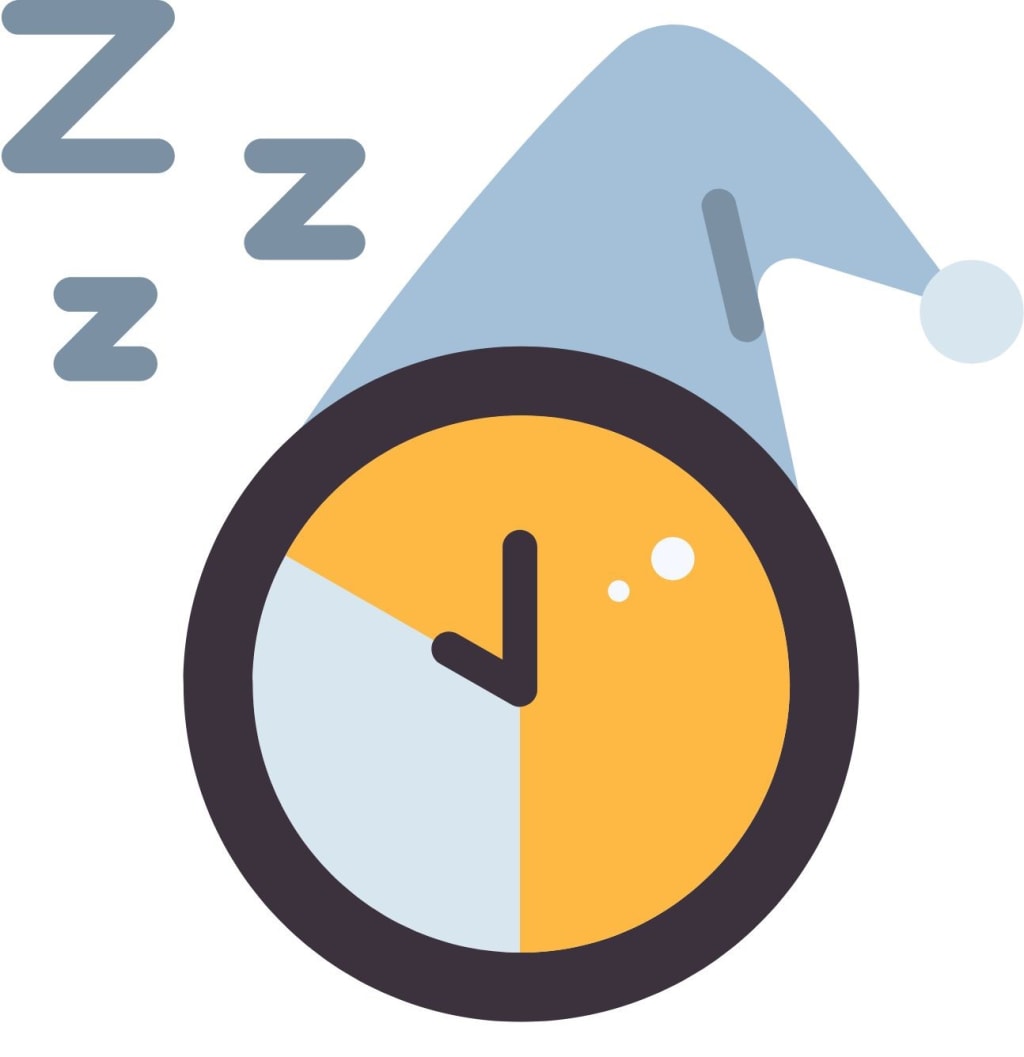The Dangers of Sleep Deprivation
How Lack of Sleep Can Impact Your Health and Well-being

Introduction
Sleep is a fundamental aspect of our lives, essential for our overall health and well-being. However, in today's fast-paced world, many people prioritize work, social activities, and entertainment over a good night's sleep. What they fail to realize is that sleep deprivation can have severe consequences on their physical and mental health. In fact, some schools of thought even consider sleep deprivation a form of torture. In this article, we will explore the dangers of sleep deprivation, the impact it can have on our bodies and minds, and the importance of prioritizing quality sleep.
The Effects of Sleep Deprivation
Lack of sleep affects individuals differently, but the consequences become more pronounced as the hours without sleep accumulate. Even just 18 hours without sleep can make you feel a little drunk, equivalent to a blood alcohol content (BAC) of 0.05%. This impairment can lead to a decrease in alertness and coordination, similar to the effects of consuming three or four drinks within a two-hour period.
By the 24-hour mark, the BAC comparison jumps to 0.1%, surpassing the legal driving limit in every state. At this point, you may experience foggy thinking, reduced alertness, and even double or blurry vision. Sleep deprivation slows down the communication between brain cells, making it harder for them to function optimally.
The Impact on Physical Health
Sleep deprivation not only affects cognitive function but also weakens the body's immune system, making it more susceptible to illness and infections. When we lack sleep, our body's ability to fight off pathogens and viruses is compromised. As a result, we become more prone to getting sick and take longer to recover.
Additionally, prolonged sleep deprivation can lead to microsleeps, brief periods of sleep that can last for as little as 30 seconds. These microsleeps can occur without our awareness and can be extremely dangerous, especially when engaged in activities that require concentration, such as driving a car. The risk of accidents and injuries significantly increases when sleep-deprived.
The Impact on Mental Health
Sleep deprivation also takes a toll on our mental health. As we continue to stay awake for extended periods, our brain becomes exhausted, leading to various psychological effects. One of the most common experiences is hallucinations, primarily visual distortions. Objects may appear larger or move around the room, creating an eerie and unsettling feeling.
In addition to visual hallucinations, sleep deprivation can also cause auditory and sensational hallucinations. You may hear your name being called or feel someone tapping you on the shoulder, even when no one is present. These hallucinations can further intensify feelings of anxiety, stress, and paranoia.
The Dangers of Extreme Sleep Deprivation
As sleep deprivation progresses, the consequences become increasingly severe. After 48 hours without sleep, extreme sleep deprivation sets in, which is why most countries prohibit studies involving such extreme practices. At this point, individuals may begin to lose their grip on reality. Hallucinations become more vivid and pervasive, and they may even experience depersonalization, a feeling of detachment from oneself.
Sleep-Deprivation Psychosis
By the 72-hour mark, sleep-deprived individuals may enter a state of sleep-deprivation psychosis. This is characterized by a complete detachment from reality and a significant decline in mental health. Delusions, paranoia, and depression can take hold, distorting one's perception of the world. It is worth noting that historically, sleep-deprivation psychosis was induced in accused witches, leading to their wrongful convictions based on their visions and ramblings.
The Turning Point
The fifth day without sleep is often referred to as the turning point. Mental health deteriorates rapidly, and delusions become firmly ingrained as a new reality. Basic tasks such as dressing oneself or finding food become overwhelming due to extreme fatigue and the inability to regulate emotions. Hallucinations may take the form of fully formed images, such as people, animals, or objects that should not be present.
Long-Term Effects and Recovery
Recovering from sleep deprivation is crucial to restoring health and well-being. Fortunately, in most cases, catching up on missed sleep can alleviate the immediate effects of sleep deprivation. However, if sleep deprivation becomes a regular occurrence, it can have long-term consequences.
Weight Gain and Metabolic Imbalances
Chronic sleep deprivation has been linked to weight gain and metabolic imbalances. When we don't get enough sleep, our hormone levels become disrupted, leading to increased appetite and cravings for unhealthy foods. This can contribute to weight gain and make it more challenging to maintain a healthy weight.
Skin Problems and Acne
Sleep deprivation can also affect our skin health. Lack of sleep disrupts the body's natural healing and renewal processes, leading to an increase in skin problems, such as acne. The skin may appear dull, dry, and prone to breakouts. Getting enough sleep is essential for maintaining healthy and vibrant skin.
Headaches and Cognitive Impairment
Headaches are another common consequence of sleep deprivation. The lack of quality sleep can trigger tension headaches or migraines, making it difficult to concentrate and perform daily tasks. Cognitive impairment, such as decreased memory and reduced problem-solving abilities, is also commonly observed in sleep-deprived individuals.
High Blood Pressure and Cardiovascular Risks
Sleep deprivation can significantly impact cardiovascular health. Studies have shown that chronic sleep deprivation is associated with an increased risk of high blood pressure, heart disease, and stroke. When we don't get enough sleep, our blood pressure remains elevated for longer periods, putting a strain on the cardiovascular system.
The Importance of Prioritizing Sleep
Given the numerous negative consequences of sleep deprivation, it is crucial to prioritize quality sleep. Incorporating healthy sleep habits into our daily routine can have a significant impact on our overall health and well-being. Here are some tips to help improve sleep quality:
Establish a consistent sleep schedule: Go to bed and wake up at the same time every day, even on weekends.
Create a sleep-friendly environment: Make sure your bedroom is dark, quiet, and cool. Invest in a comfortable mattress and pillows.
Limit exposure to electronic devices: Avoid using electronic devices, such as smartphones and laptops, before bedtime. The blue light emitted by these devices can interfere with your sleep.
Avoid stimulants: Limit your intake of caffeine and nicotine, particularly in the evening. These substances can disrupt your sleep patterns.
Practice relaxation techniques: Engage in activities that promote relaxation before bed, such as reading, taking a warm bath, or practicing meditation.
By adopting these habits and making sleep a priority, you can improve your sleep quality and protect your physical and mental health in the long run.
Conclusion
Sleep deprivation is a serious issue that can have profound effects on our health and well-being. From impairing cognitive function to weakening the immune system, the consequences of sleep deprivation are far-reaching. It is crucial to recognize the importance of quality sleep and prioritize it in our daily lives. By doing so, we can protect ourselves from the dangers of sleep deprivation and enjoy the numerous benefits that come with a well-rested mind and body.






Comments
There are no comments for this story
Be the first to respond and start the conversation.